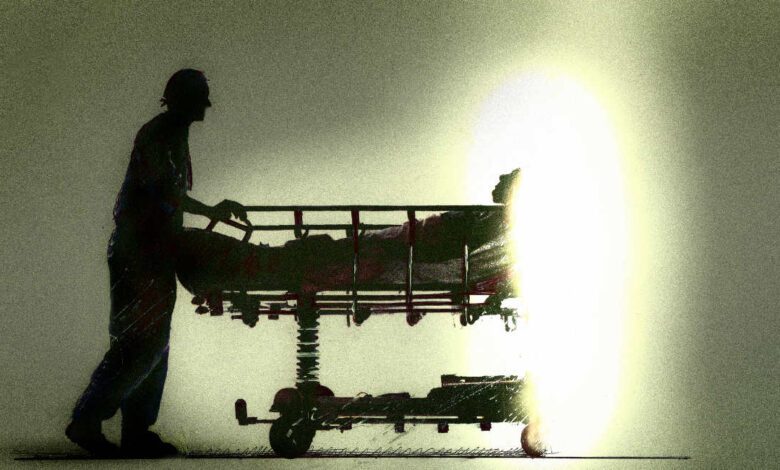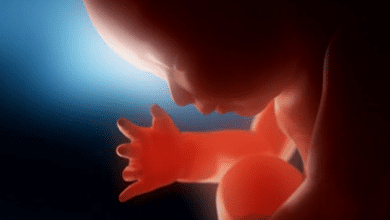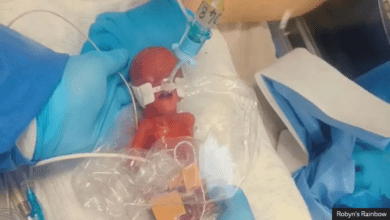Canada study shows push for organ donation after euthanasia

(National Review) A little bit of good news: The legalization of euthanasia for the mentally ill in Canada has been pushed again, not because authorities think it’s ethically perverse, grossly negligent, and morally wrong — all of which are true — but because there aren’t enough mental health professionals to decide which patients are okay kill. Oh, well. As they say, any port in a storm.
Meanwhile, the push to use suicidal people asking for the fatal jab as a source of organs continues. Ontario’s organ donation organization is now reaching out to patients who were scheduled to be euthanized by their doctors to ask for their livers, kidneys and spleens. And so, in Quebec.
From Journal of the Canadian Medical Association study:
Before 2018, doctors were encouraged to mention the possibility of donation, but since 2018, doctors providing MAiD are encouraged to discuss organ donation with eligible patients after the decision to pursue MAiD has been finalized. If the patient expresses interest, the doctor makes a referral to Transplant Québec.
Upon referral, patient information is provided to Transplant Québec staff, who coordinate an initial medical eligibility evaluation. . . . Assuming there are no medical contraindications, the coordinator at Transplant Québec explains the basics of donation after MAiD to the provider and patient. The 2 most notable changes in the MAiD process when donation is a possibility are the addition of organ eligibility testing (laboratory and imaging studies) and the fact that the MAiD process must occur in a hospital because organs are no longer perfused after circulatory arrest, requiring immediate organ recovery to prevent ischemic damage. These changes are explained to the patient, who is given at least 24 hours to consider the process before being contacted again by Transplant Québec. Patients are also informed that accepting a donation or not has no effect on accessing MAiD services.
Note that there is no mention of suicide prevention attempts. The focus, once euthanasia is agreed upon, is as if to take those organs.
And we want more:
Interactions between MAiD providers and donation specialists should emphasize the potential for donation after MAiD to ensure that all eligible patients are offered the opportunity to pursue donation .
Can’t find ways to help the patient who wants to stay alive.
The study ends with the pablum:
Patients considered for MAiD are among the most vulnerable patients in the health care system because they have incurable diseases that cause them great suffering. The desire of some patients to help others after their death must be respected, but in doing so, donation professionals must ensure that the system respects their autonomy and dignity.
What does this mean?
Combining euthanasia with organ harvesting seems less controversial among Canadian medical leadership — even though the potential to donate organs can be a motivation to ask to be killed. And remember: In Canada, a person doesn’t have to have a terminal illness to receive a fatal blow — meaning people who might live for years can be killed and their organs harvested.
The fact that medical associations did not cry out in protest tells us how easy it is to see people as so many organ farms.
Editor’s Note: This article was published on National Review and reprinted here with permission.
DOJ puts a pro-life grandmother in jail for protesting the killing of preborn children. Please take 30 seconds to TELL CONGRESS: STOP DOJ FROM TARGETING PRO-LIFE AMERICANS.





